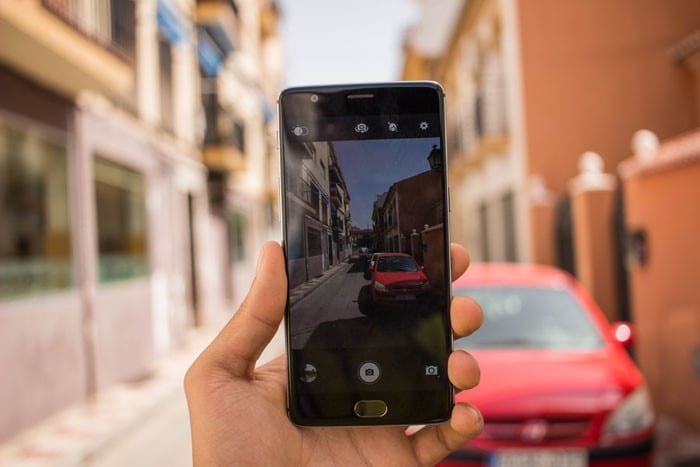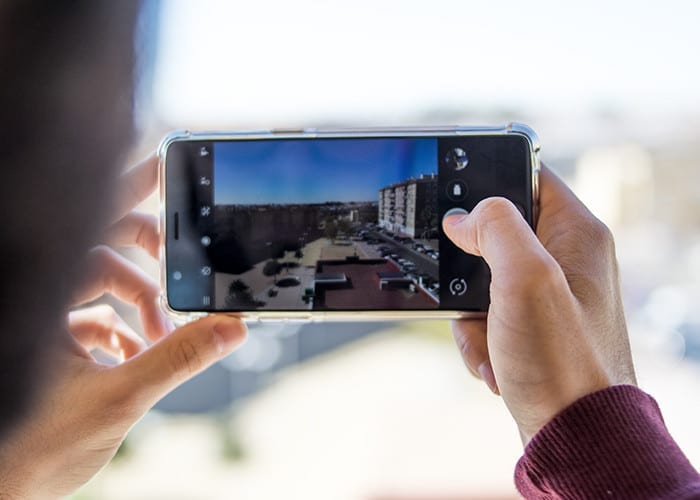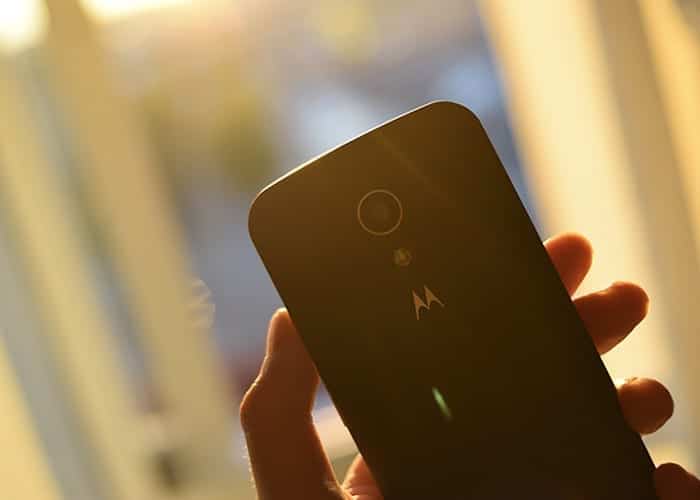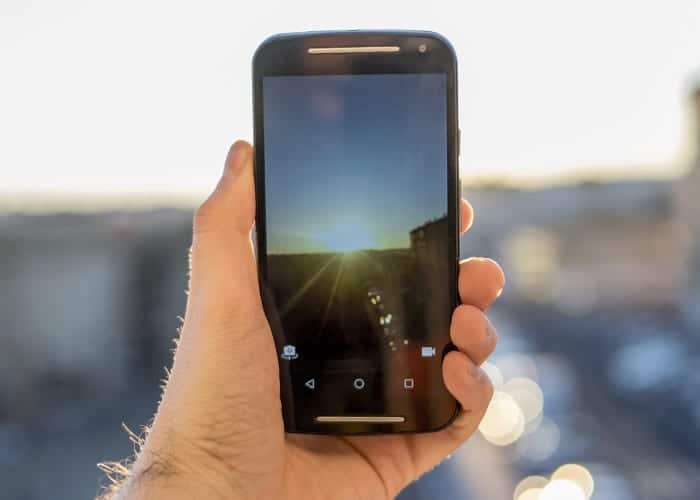Armand Salacrou, a French writer, and dramatist said that a man without memories is a lost man. Today, most users rely on their smartphone to store their memories in the form of photographs and videos. We do not want that beautiful sunset sitting on a terrace with our partner is in “oblivion”; we want to be able to relive that beautiful scene in that idyllic place, and we want to remember all the places we visited on our last trip. For this, we use the mobile phone, and maybe we should stop doing it (so much).
A study published in the May issue of the Journal of Experimental Social Psychology has shown that “the use of media [smartphones, in this case] during an experience affects the memory of that experience,” as well as “individual experiences.” and social “.
You take pictures of everything, in the end, you do not remember anything
For the experiment, the researchers took a group to the Memorial Church of Standford, an incredible building with a myriad of details, from stained glass to frescoes, going through pictures of various characters. Some of the attendees brought an iPod with cameras and were trained to take pictures, while others entered without any device. The group had to walk around the church as a normal tourist would.
A week later, the participants had to undergo a surprise test with 10 questions about the details of the church. Users who entered the site empty-handed guessed an average of seven questions. Those who carried an iPod hit about six. The mere fact of taking pictures, as the author of the study says, caused the participants to retain less information. The reason is more than obvious – the camera is an element that generates distraction, and to distract us with it we stop paying attention to the experience itself.
The experiment was repeated with 380 participants who had to watch a TED talk. Those who took notes on the screen of an iPad withheld less information.
Another explanation offered by the authors for this phenomenon is what in psychology is known as cognitive discharge (Evan F. Risko and Sam Gilbert were the researchers who named it). To not delve too much into this term, stick with this – cognitive discharge is the process through which we externalize our mental abilities to a computer. In other words, “why pay attention in class if I can access all the information on Wikipedia this afternoon?“
There are many studies that have talked about this phenomenon, although the best known was published in the journal Science in 2011. This showed that if you tell a person that your information will be stored on a computer, it is less likely to remember it on its own. same. This is not necessarily bad since it depends on the context. It’s not the same as not remembering a friend’s cell phone that an airline pilot does not know how to land and has to look for the steps in Google.
In the subject that concerns us, which are memories and photography, it is not that smartphones make us more “stupid”, but that they are changing the way our brain works, refocusing our attention. In another investigation, a group of students was taken to a museum and some were asked to take pictures, and others were not. The first ones remembered much better the details, the pictures that they saw, etc, but, nevertheless, they did not remember well what the guide was explaining. Does that mean they are more “dumb”? No, they mean they focused their attention on other aspects.
In a similar study it was shown that when the participants use the camera zoom, their memories of objects in an exhibition improve. That’s because they paid attention to the details.
Another interesting aspect is that sharing photos on social networks also alters the way we remember the scene. According to Vox, another study found that, when sharing photos on social networks, we tend to:
1) remember the experience in the third person – as if we were a stranger watching from the outside
2) enjoy less the experience of taking pictures. These experiences, according to the authors, are less intense and less genuine.
The solution? Leave your mobile or use it with your head

The best thing is to leave the mobile camera quiet and enjoy the moment. Nobody can take away the memories that you keep in your head, which are, after all, the ones that really matter.



